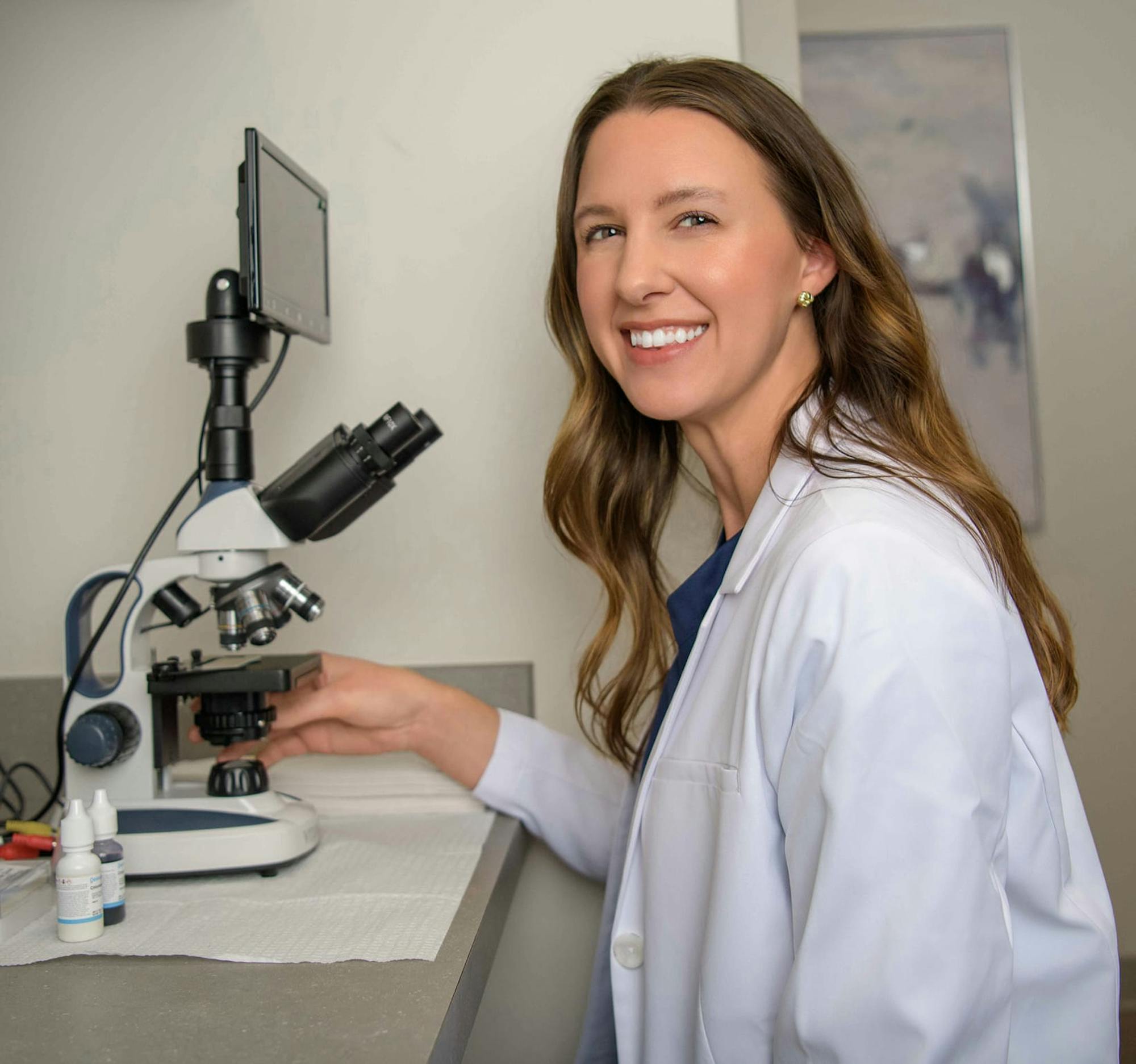Children’s skin conditions often look different from those in adults and require a careful, age-appropriate approach. Pediatric dermatology helps young patients feel comfortable while providing accurate diagnosis, treatment, and long-term skin care guidance.
What Is Pediatric Dermatology?
Pediatric dermatology is a subspecialty of dermatology that addresses skin conditions unique to infants, children, and adolescents. Because pediatric skin can react differently from adult skin, accurate diagnosis is essential. Some conditions may resolve over time, while others require active treatment. We tailor our approach to the child’s age, comfort, and specific condition. Common conditions we treat include the following:
- Eczema and atopic dermatitis
- Warts and molluscum contagiosum
- Birthmarks and vascular lesions
- Infantile acne or cradle cap
- Rashes and hives
- Infections, including impetigo and ringworm
- Pediatric psoriasis
- Genetic skin disorders
- Scalp and hair disorders (e.g., alopecia areata)
- Nail changes or irregularities










